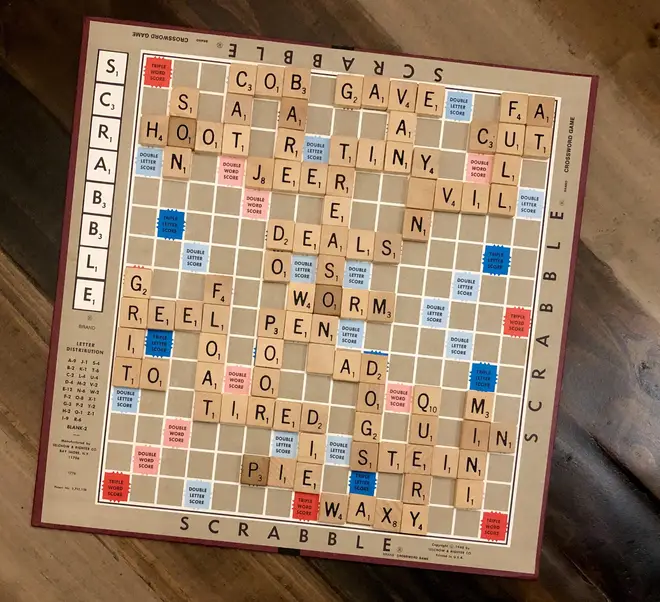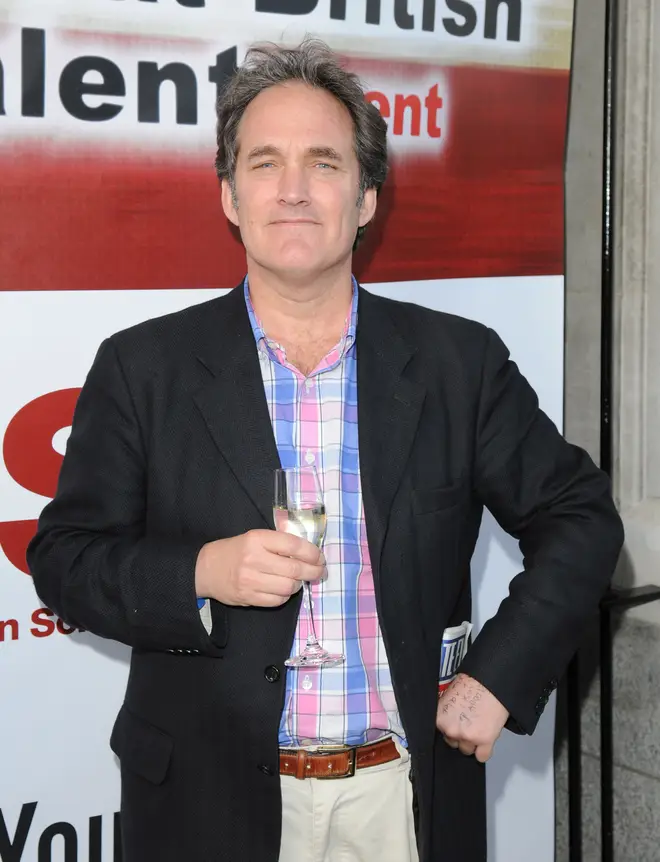
Ali Miraj 6pm - 9pm
1 July 2022, 14:41 | Updated: 1 July 2022, 14:58

Scores of competitive Scrabble players are quitting the game after hundreds of 'offensive' words were banned.
In the wake of the worldwide anti-racism protests following the death of George Floyd racial slurs including the 'n-word' and insults against the elderly and homophobic terms were taken off the official online words list.
Mattel, Scrabble's owner, said it made the changes to make the game more culturally relevant but some exclusions have left players confused.
The ban, which was announced last year, includes words such as jesuitic - meaning 'a member of an order of priests founded by St Ignatius Loyola in 1534 to do missionary work' - which is worth 200 points on the board.
Spectator columnist Jonathan Maitland said the rule changes had created "bitter spats, ruptured friendships and high-profile resignations".
Mattel has not released a full list of the banned words but has changed the official word lists available on the Scrabble's online dictionary.
Homophobic slurs such as the "q-word" and racist terms such as the "w-word" have been removed.

Read more: BA forced to apologise after website refuses to accept woman using the title Doctor
Maitland said: "It's hard to find anyone in the Scrabble community in favour of the ban.
"That doesn't mean that we approve of any of the banned words, mind you. Among them are some vile slurs.
"But the words can't be un-invented: they are part of our sometimes shameful history. And playing them in a private word game is very different to using them in any other context."
Maitland said one regular player felt "under duress" to accept the new rules.
Author Darryl Francis, who was involved in creating the 1980s Scrabble word list, said when last year that "words in dictionaries and Scrabble lists are not slurs.
"They only become slurs if used with a derogatory purpose or intent or used with a particular tone and context.
"Words in our Scrabble lists should not be removed for PR purposes disguised as promoting some kind of social betterment."
Read more: Disabled journalist Frank Gardner stranded on plane at Gatwick for fifth time
A BAME player from Bournemouth has described the rule changes as "trivial".
Ebi Sosseh said: 'I used to be initially uncomfortable when words like 'w**' used to be played against me.
"That subsided very quickly when I rationalised that we were engaged with a game of words," he said, adding Scrabble should focus on education rather than censorship.